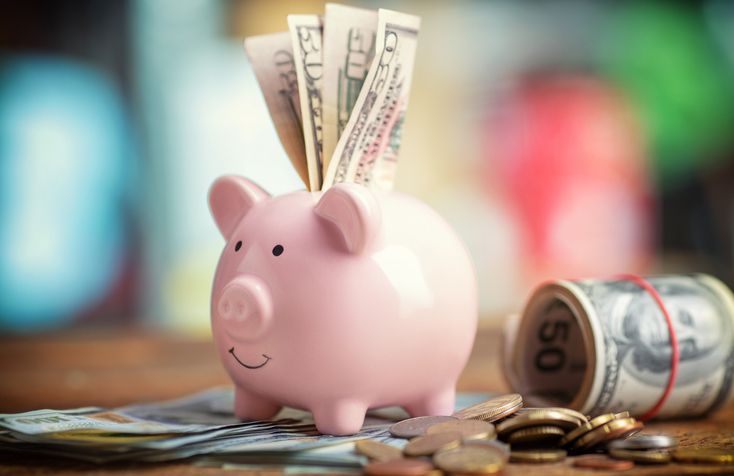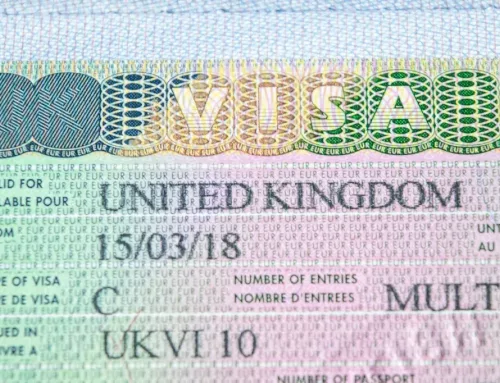Have you been considering budgeting for some time, but you were afraid you cannot create it or are not sure how to do it effectively? Chances are, you kept postponing it, right? New year, new beginnings. Never a better time to start getting serious about your finances, if you haven’t yet!
When you create a budget, you are laying down a plan for how you wish to spend your finances. Why is it necessary? Without managing your money, it can just slip through your fingers.
Why do you need a budget? Because you are earning, spending, and using money daily. Money is our tool of exchange to purchase the things that we need, whereas a budget helps you to plan and decide if your finances are enough to cover your needs. People with lower-level salaries
or those who don’t want to overspend and want to save with an average salary could greatly benefit from a budget that shows exactly the things they can afford.
How to Manage Your Finances
You could also get a clearer picture of how long you are willing to cut back on things you used to buy, add that extra amount to your savings account, and prioritize your spending on the most necessary things. Even when being strict with your spending, you could allow yourself a once a week or biweekly treat like takeaway food, a massage, or going out, to make your new habit long-term, and don’t get discouraged. Budgeting is not only for those who earn lower wages…
Creating a budget that serves everyone, is also a good idea for higher earners. You can start with a lower amount: if you can manage a 1,000, chances are, you can also manage $ 10,000. You cannot gain financial knowledge automatically just because you managed to save some money. Unless you have strong self-discipline, probably the more money you make, the more you will spend. This phenomenon is called lifestyle creep, and it could threaten your retirement savings.
A strong-self discipline does not generally pan out long-term when you earn more. Earning a higher amount of money without a good budget plan could potentially put you in a similar financial position to someone who earns a lower wage. Remember, if you want to save money, spending it is much easier than making it! No matter on which level you work or even own a company, you need to have a budget if you want to succeed financially.
How Can You Benefit from Having a Budget?
If you have a budget, it will make you spend money more wisely. If you don’t follow your expenses, you won’t know where your money has gone, and you could easily waste it. A budget will help you save more of your money, as well as avoid wasting it. Decide who do you want to be the boss! Your money, or you? A budget can not only help you realize your financial goals faster, but it can also control the amount of money you save, and show you if you can reach your goals.
If you manage to achieve your saving goals, you could buy a house, a car, or go on a dream vacation, you have always wanted! Through a budget, you can better understand your finances, and adjust your life plan accordingly. Since the majority of us didn’t receive financial education, we not only live paycheck by paycheck but can also easily slip into debt, not even realizing it!! It can only happen because you don’t have a budget that shows you spend more than you make…
Those Unexpected Emergencies…
But if you have a budget, and emergencies pop up unexpectedly, (it happened to me last month), when my fridge and laptop broke down at the same time… You could buy them, and wouldn’t feel like a loser because you cannot afford them. These gadgets are necessary for your survival, that’s how important it is to have a budget. It makes you feel more secure, and you could build your net worth as well as decrease your debts!
Let’s say, you only allowed yourself to spend $ 150 a month on new things, but you suddenly need a new laptop. What you need to do is adjust your budget accordingly. It is possible! Cut down on petrol if you are driving, make homemade meals or buy them in shops instead of going to restaurants, and save on money spent on entertainment. Choose free or cheaper options as long as it’s necessary. If you still can’t afford the laptop, collect some more money and try again next month. This is how I got mine.
The Disadvantage of Having a Budget
There’s one disadvantage to budgeting, that thinking through and planning all your expenses can be time-consuming. But you need to adjust your mindset too if you want financial gains! Just think about how much freedom can come with creating and managing your budget! It can save you at least a few hundred dollars monthly and could take you about two to three hours monthly. If you understand that saving money saves you time and concerns, you will be keen to do it!
Cutting Back On Your Expenses
You should cut back on your expenses as much as you can if you want to save the most of your money. This includes taking a break from buying clothes, take-away or restaurant food and special delicacies, alcohol, cigarettes, and any above averagely-priced item you normally get for everyday life. You should keep your short-term savings goals in a savings account. You could put any extra income after savings in an investing account, even a small amount like $25 per week.
Useful Budgeting Methods
The percent budget.
The most popular percent budget is the 50/30/20 budget, meaning 50% news, 30% wants, and 20% savings. It prioritizes your needs and still enables you to keep some of your wants and savings. This percentage is divided into various combinations, you should adjust your budget according to your personal preferences. This budget requires less time to create. The con is, having only three major categories might make you spend more as opposed to a detailed plan.
Zero-based budget.
It takes the most time to create, but it is also the most accurate. Your budget should only be an estimate of your spending plan and expenses. Your results could be more or less different. It is highly efficient because every dollar is planned. So if you make $ 3,000 a month this plan will show you where every dollar is going. If you want to make the most of your budgeting, you should use this method for the most optimal results!
Cash envelope system.
Put aside a certain amount of your payment each month in dedicated envelopes. Name each envelope like this: groceries ($200), rent ($…), travel money (petrol and/or tickets $…), entertainment ($…). Make sure you don’t spend more than the amount dedicated for each item until your next payment. This will help you better see the amount of money you have left in each category until the next payday. This is the best budgeting way for those who easily overspend.







Leave A Comment